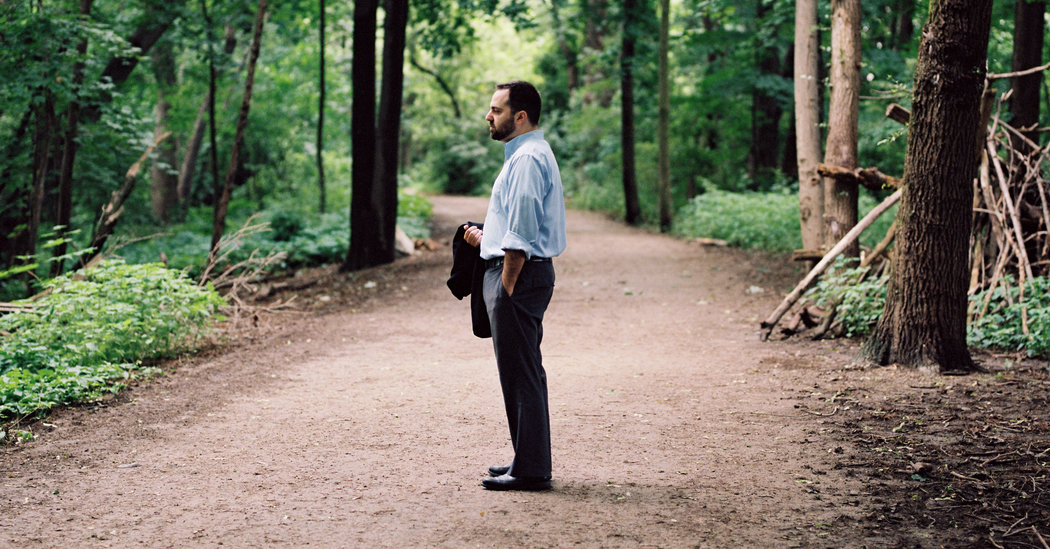
Harvard Medical School sends out an email when an esteemed faculty member passes away, and more often than not I delete it without clicking. I feel shame for not taking the time to read about the death of colleague whose life was devoted to medicine or science, but I do think about death a lot for someone my age — perhaps too much.
As a Stage 4 kidney cancer patient at age 35, I ruminate more about legacy than I’d like. When I have encouraging follow up scans, as I did this month, the topic becomes less urgent, but I never stop wondering about the aftermath of my looming death — whether it will be this year, five years from now, or some fantastical version of later life that I am capable of imagining only on my most aspirational days.
I was a mere assistant professor of psychiatry when I learned that the statistical odds were that I’d most likely die before my career had a chance to take off. Would anyone care about the 20 or so academic publications I poured my heart and mind into these last five years? I always imagined that I would have the next 30 to contribute something of lasting value. Knowing what I do now, I sometimes wonder if that time and energy should have been spent in other ways.
My ruminations become more intense when they transition to what I might leave behind in my personal and family life. Which of my older family members will have to endure the cruel task of attending my funeral? Will my wife be able to find happiness while being a widow who lovingly raises our little boy? He’s only 2 years old now. Will he even remember me when this is all over?
I entered therapy a year ago, shortly after having the first of my surgeries, which was aiming to be curative. But it turned out that the cancer had spread, and is now an incurable disease.
Being in therapy as a psychiatrist is an odd experience, a bit like Peter Pan chasing his shadow. I know how I’d respond to someone like me. Sometimes it aligns with how my therapist reacts and sometimes it doesn’t.
We have not come to any invaluable revelations or insights about my so-called “adjustment disorder with depressive and anxious features.” (This is a fairly flexible diagnosis code that psychiatrists tend to use when a patient has good reasons to feel sad and worried.)
But the ways that the therapy has been useful have surprised me and remind me of a lesson from one of my early mentors: At the end of therapy, you may ask your patient what they found most helpful, and it will turn out to be the furthest thing from your mind. All of your most clever therapeutic interpretations may go over the patients’ heads, but they will always feel the benefit if you care about them.
As a trainee, it seemed hokey. As a man who is desperate just to exist, it makes all the sense in the world.
Sometimes, though, I worry that all the time and mental energy I spend in those therapy sessions will be lost to the vapors of the universe when my story ends.
“It’s strange,” I said to my therapist. “There are people in my life who know me extraordinarily well. My parents. My brother. My wife. My closest friends. And then there’s you.”
He nodded.
“Over the last year, you’ve gained access to parts of me that no one else has, and I’m afraid that when I die, those parts of me will disappear, too.”
He paused and looked away, searching for the words he wanted to say. He looked back up and made eye contact with me. Tears were just beginning to well up.
“I’ll never forget you, Adam.”
There was nothing profound about his words, but without my knowing it, his response was exactly what I sought in that moment and more notably how I needed to receive it, offered with a genuine sense that he truly cared about me.
The idea of what talk therapy is has evolved, but how people connect will always be at the very core of why it helps. For as long as I live, I’ll never forget that moment, and my sense is that I have one less rumination clouding my mind during these invaluable months when my body still feels alive.
Adam Philip Stern is the director of psychiatric applications at the Berenson-Allen Center for Noninvasive Brain Stimulation and an assistant professor of psychiatry at Harvard Medical School.

